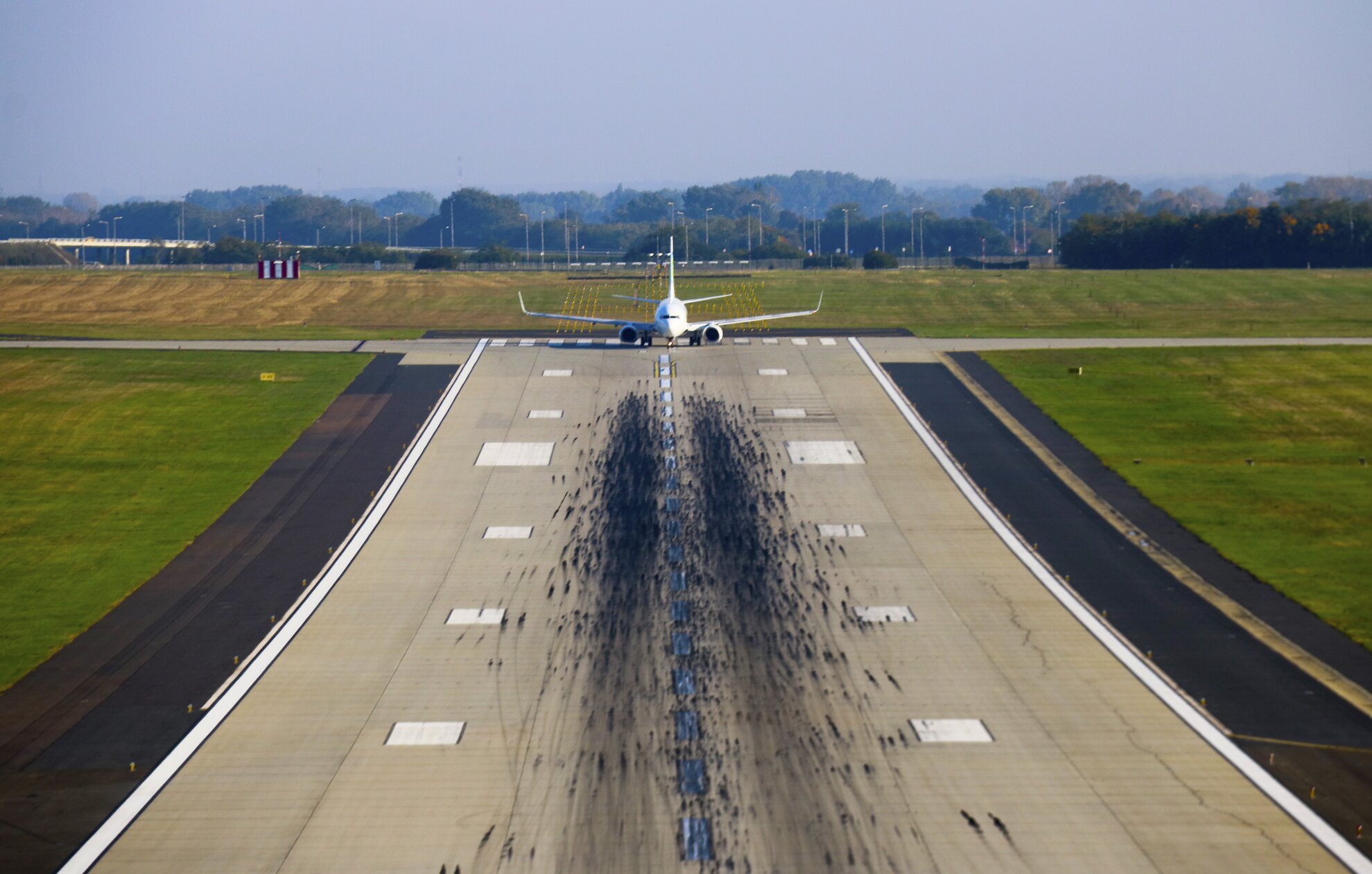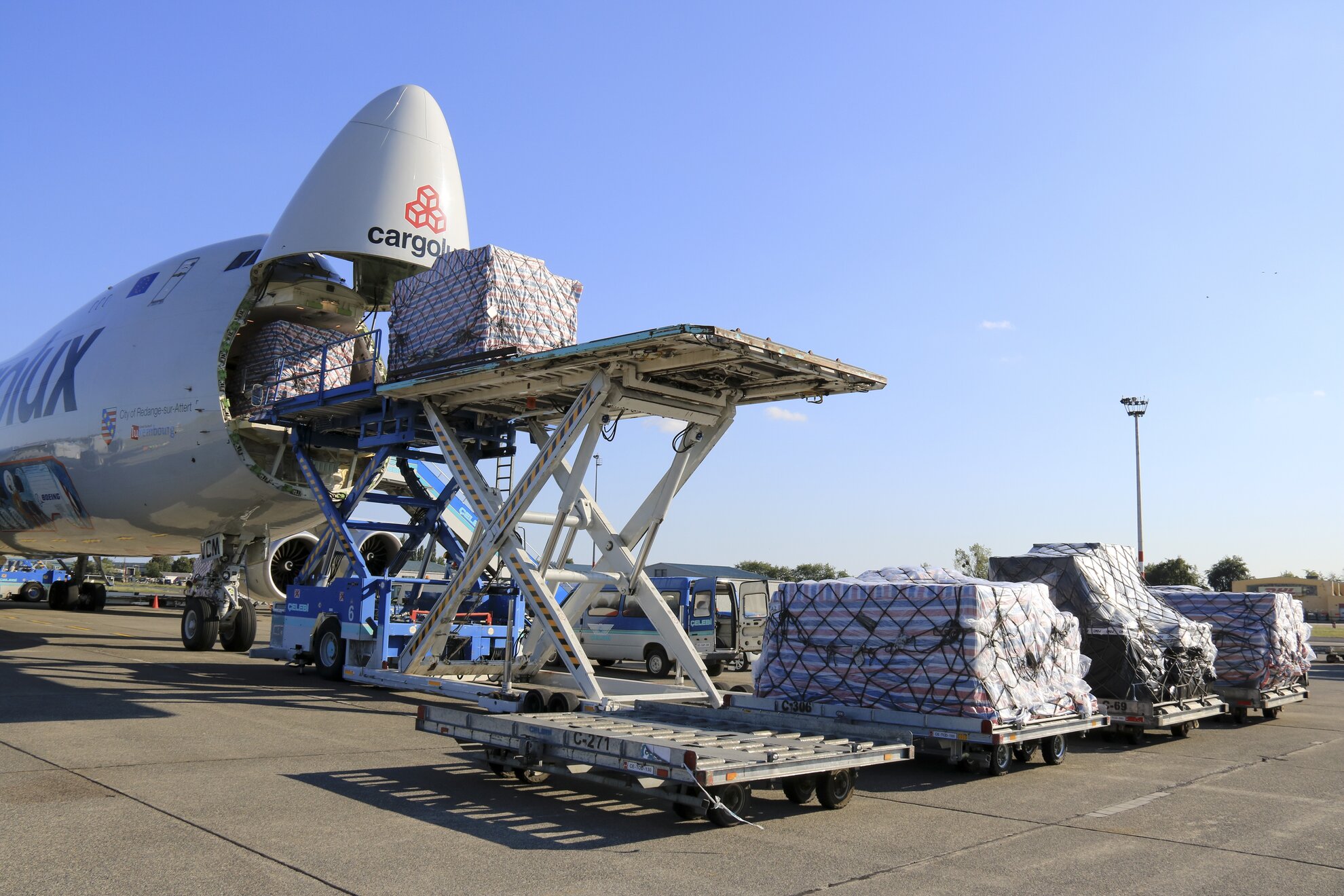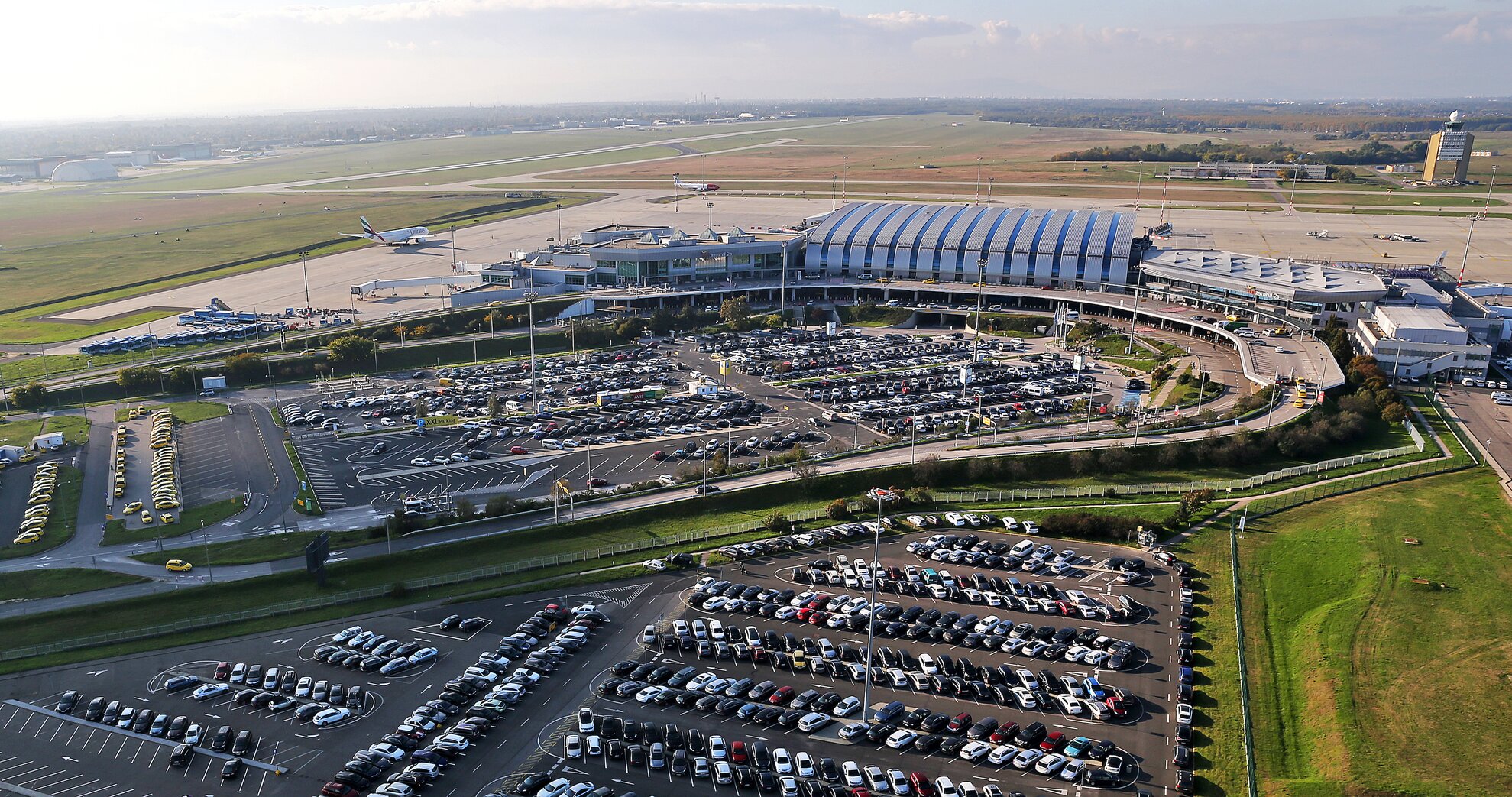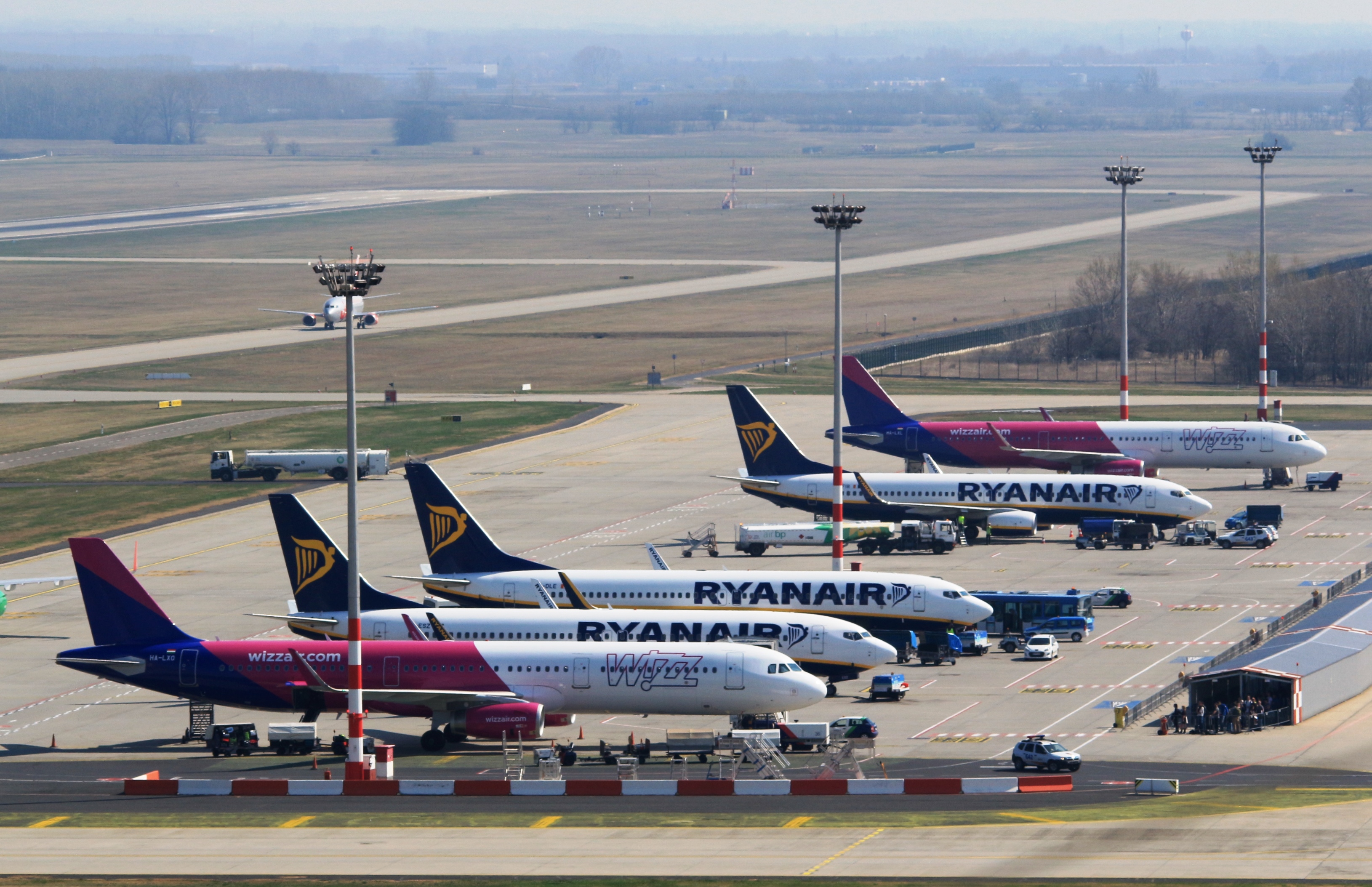Budapest Airport has been given the go-ahead for a €700 million extension and modernisation project, the news following a recent official report showing a considerable growth in passenger numbers. For 2018, the airport handled close to 14.9 million travellers flying in and flying out, a 13.5% increase in comparison with 2017. This makes Budapest the fastest-growing air-travel hub in Central and Eastern Europe.

At the same time, air traffic movement increased in 2018 by 12% to an annual 115,028 take-offs and landings.
The high influx of passengers has initiated further airport development, the most significant being the proposed construction of a new terminal building, beside the existing Terminal 2, a grand-scale project to be carried out by 2024.
This year, the airport should also complete works on a new logistics centre called Cargo City. To ensure passenger comfort, new security lanes will be installed, while the waiting areas, washrooms and lounges should undergo a revamp.

In 2018, Budapest Airport served a total of 134 destinations in 48 countries. With 45 airlines flying to Budapest, Hungary’s air connectivity has never been so extensive.
In recent months, more major routes have been announced for the city. LOT will open two flights daily to London City Airport in February, Dutch low-cost carrier Transavia will serve the French city of Nantes, while Ryanair add Cork, Bari, Cagliari and Seville to their existing network. China Eastern are to confirm a new route between Shanghai and Budapest, a service to be launched in June.

To provide better connections to DXB Dubai International, the world’s busiest airport, flydubai will be offering direct flights every day to Budapest from 27 June. Emirates have been operating daily flights between the two cities since 2014.
In the past 12 years, Budapest Airport already invested into developing and modernising its facilities. The construction of a new central terminal building SkyCourt, a flagship project, has connected Terminal 2A and 2B through the implementation of advanced technologies.

Last year, an extensive new passenger pier was unveiled to serve flights originating from and heading to destinations outside Europe’s Schengen Zone. A year ago, the first on-site hotel ibis Styles Budapest Airport by the Paris-based AccorHotels Group was also launched.




